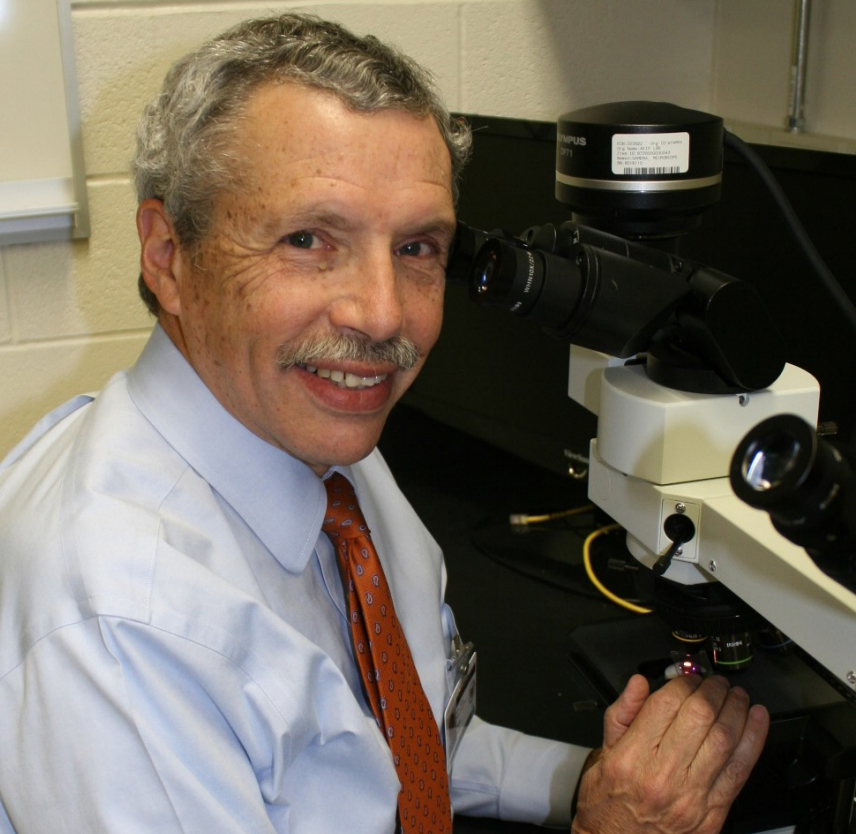Dr. Perl describes how what we know about blast injury has changed since the early days of 'shell shock' in World War I and in subsequent conflicts.
Posted on BrainLine December 13, 2017.
About the author: Daniel P. Perl, MD
Dr. Perl is a Professor of Pathology at USUHS and Director of the CNRM's Brain Tissue Repository, where he has established a state-of-the-art neuropathology laboratory dedicated to research on the acute and long-term effects of traumatic brain injury among military personnel.


Comments (2)
Please remember, we are not able to give medical or legal advice. If you have medical concerns, please consult your doctor. All posted comments are the views and opinions of the poster only.
Sarah replied on Permalink
My son was serving in Iraq and now suffers from PTSD. I was trying to explore how to find out if he has sustained a brain blast injury. He is now an ex serviceman and he seems to have fallen off the care radar. I am desperate to try to help him.
Bob Taylor replied on Permalink
I know there must be veterans' groups on Facebook, secret groups, and I, who am not a vet, cannot tell you how to find them. However, there are the Wounded Warriors. You should contact them. There is a foundation I heard of only recently, Warrior Angels. I know they promulgate the work of Dr. Thomas Gordon, of Encino, California, who specializes in treating blast concussion patients. I cannot vouch for his methods. I hadn't heard of him a week ago. But there is a new book, Tales From the Blast Factory, by Adam and Andrew Marr, which discusses this. There is also a new documentary on Amazon, Quiet Explosions, about this.
As I say, I cannot vouch for this, but I know that Dr Gordon has valid credentials. waftbi.org is the website of Warrior Angels.
Wounded Warriors also should be contacted.
Best of fortune to you. I myself am a blast TBI survivor, from childhood. I understand how disabling this is.